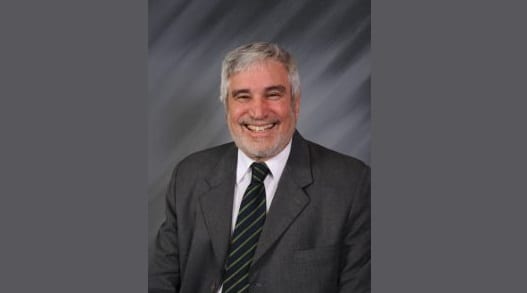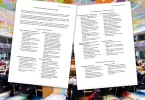The year 2023 was not an easy year. We might call it a roller-coaster year, from recovery from COVID to wars in Europe and the Middle East, this has not been an easy year. From health issues to economic issues, from issues of social unrest to all too often substandard customer service, tourism officials face a host of problems. Some of these problems are within the tourism and travel industry’s control. Other problems are not in the industry’s direct control, but their consequences must be taken into account.
Below is a summary of some of the issues with which tourism officials may have to deal during 2024.
Security Issues
The rise of radical terrorism groups and the challenges of uncontrolled borders are a major threat to tourism. Not only is the tourism industry security sensitive, but major disruptions tend to have longer life spans than the news cycle at large. The coming year will present tourism security specialists with any number of challenges. Among these are:
– Terrorism has not diminished but rather mutated. Single cell or lone wolf terrorism will increase their threat to the tourism industry and will be harder than ever to detect.
– Terrorists have become social media savvy. Terrorism is no longer just about acts of violence, instead terrorists have learned how to create media centric violence. This means that terrorists have learned how to adapt the media to their own needs.
– Cybercrimes will continue to haunt the tourism industry. Cybercrimes, once relatively rare in tourism, have become major issues in the world of tourism. The fact that credit cards may be stolen and used without permission means that both public and private security officials must become ever more mindful of this new threat. Many areas of tourism have adopted cash-free policies, and if travelers are now afraid to use their credit cards or fear identity theft, then the system is placed in jeopardy.
– Cyber-attacks on large corporations and privacy issues may become the norm. Until recently the idea of a cyberwar seemed to be more science fiction than reality. Now, large corporations such as hotel chains and airlines may be vulnerable to attack. A cyber-attack on the airline industries’ computers would be more devastating than the attacks of September 11 and could bring airlines to a complete halt. The fact that airlines are now equipped with Wi-Fi while in flight is both a convenience and a threat.
Tourism Policing Forces (TOPPs) around the world will be needed more than ever. Currently in much of the world and especially in the United States, police departments are facing an ever more hostile public. TOPPs units can go a long way in changing the image of the police, and this positive blow-back may help all aspects of law enforcement. If security personnel can convince marketers of the importance of TOPPs units, then these forces may help to create a dent in international crimes against tourists. If, however, these forces remain underfunded, then additional problems may occur. Tourism police will need to have sub-specialties that range from issues of fraud to cybercrimes, from issues of petty theft to terrorism, from issues of terrorism to crowd control. The key will be that tourism can no longer afford to have law and security provider generalists, but rather will need specialists in multiple areas.
Economic Issues
– The cost of credit. Because so much of the middle class’ purchases for expendable items are dependent on credit, it is essential to track the trends in credit. If interest rates rise, then middle class purchases become more expensive. In some places, there is now the threat of deflation. Deflation tends to encourage people to wait for lower prices, and deflationary cycles can become self-fulfilling prophecies.
– As in past years, the middle class will remain the heart of the tourism industry. The middle class must live on some form of budget. That means that if there is a major rise in taxes or other required services, the middle class may tend to hold back on what it considers luxury items. On the other hand, during periods of deflation, the middle class often waits for cheaper prices and creates a marketer’s nightmare. Tourism is highly sensitive to economic uncertainty, and the more turbulent the economy, the more precise the marketing needs to be.
– The New Year may bring a great many undulations within the financial industries and these ups and downs will impact tourism. When the stock markets tend to rise, many people feel wealthier and are more willing to spend money. The opposite is true of a falling market. Note that the psychological macro impact is not connected to an individual’s personal wealth. Members of the middle class tend to spend money as influenced by macro rather than micro trends.
Customer service
The traveling public is learning how to demand more and is seeking alternatives to those businesses that are providing poor customer service. The past year saw new lows in many areas of customer service within the travel industry. Although airlines still lead the way in poor customer service, other parts of the tourism industry need to reconsider the quality of the service that they provide. A major sore point with travelers is the fact that there is a charge for minimal service items. Hotels that charge for water or Internet service are not winning new friends. The consistent “we charge for everything” policy of many tourism service providers has created a sense among many that the hospitality industry is more hostile than hospitable.
The author, Dr. Peter E. Tarlow, is President and Co-Founder of the World Tourism Network and leads the Safer Tourism program.
(eTN): Major Issues Facing the Travel Industry | re-post license | post content























